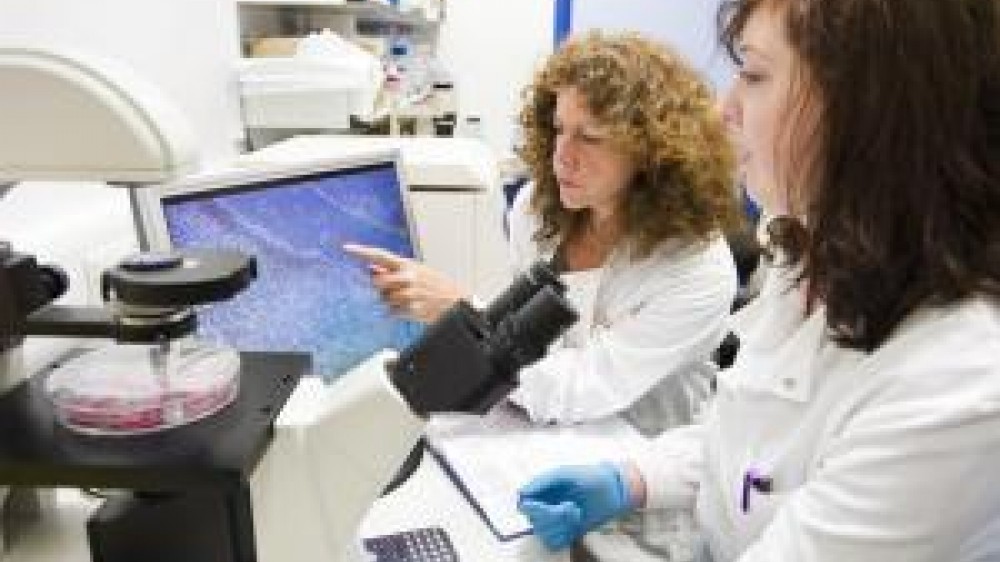Announcing our new Skills and Knowledge Transfer grants

Many scientists can be reluctant to adopt new 3Rs technologies and approaches because of concerns about comparison with historic data or access to specialist skills for example.
To help address this we have introduced a Skills and Knowledge Transfer funding scheme to link the developer of the 3Rs model, tool or technology with one or more end-users. The scheme will catalyse uptake within the wider scientific community, and help build further confidence and capacity in alternative 3Rs approaches.
We are pleased to announce the award of four new Skills and Knowledge Transfer grants totalling just over £289k.
One of the awards made is to Dr Claire Gibson at the University of Leicester. With previous NC3Rs grant funding Dr Gibson developed a refined model of experimental stroke in mice which offers improved welfare and allows for fewer animals to be used per experiment because of the reduced variability in lesion volume. The aim of this award is to facilitate the uptake of this refined model within the international experimental stroke community. Strategically, three key research groups from the UK, Germany and USA will be trained in the refined surgical approach, who will then act as training hubs for international researchers.
Another project led by Dr Rachel Tanner at the University of Oxford will see the transfer of a novel non-human primate in vitro assay for the early evaluation of tuberculosis (TB) vaccine candidates to Public Health England and the Biomedical Primate Research Centre in the Netherlands. The decision to adopt this alternative model by two internationally leading groups in TB vaccine development could lead to the local replacement of the non-human primate, mouse and guinea pig ‘challenge’ models currently used.
We have also awarded funding to Dr Raymond Bujdoso at the University of Cambridge who with previous NC3Rs grant funding developed an assay in Drosophila that allows for the replacement of the mouse bioassay used to assess prion infectivity. The aim of this award is to transfer the “know-how” of the Drosophila-based assay to the Animal and Plant Health Agency (APHA), which is the global leader in prion biology research and one of the world’s main users of the mouse prion bioassay in food safety assessments.
Our final award in this round goes to Professor Joanne Cable at Cardiff University. Via a transatlantic exchange of skills and knowledge, this project will bring to Europe a novel high throughput in vitro culturing system for the enteric parasite Cryptosporidium. This alternative system will provide Professor Cable’s group and her network of European collaborators a continuous supply of Cryptosporidium oocysts, replacing the need for calf and mouse infection models of Cryptosporidium propagation.
- ‘Dissemination of refinements in mouse experimental stroke models to the scientific community.’ Dr Claire Gibson, University of Leicester (£64,696)
- ‘Transfer of a non-human primate (NHP) in vitro functional assay for the early evaluation of TB vaccine candidates and the associated immune response.’ Dr Rachel Tanner, University of Oxford (£75,000)
- ‘High-throughput in vitro culture system for Cryptosporidium oocysts: replacing animals in research’ Professor Joanne Cable, Cardiff University (£75,000)
- ‘The use of PrP transgenic Drosophila to replace and reduce mice in the bioassay of mammalian prions.’ Dr Raymond Bujdoso, University of Cambridge (£75,000)
